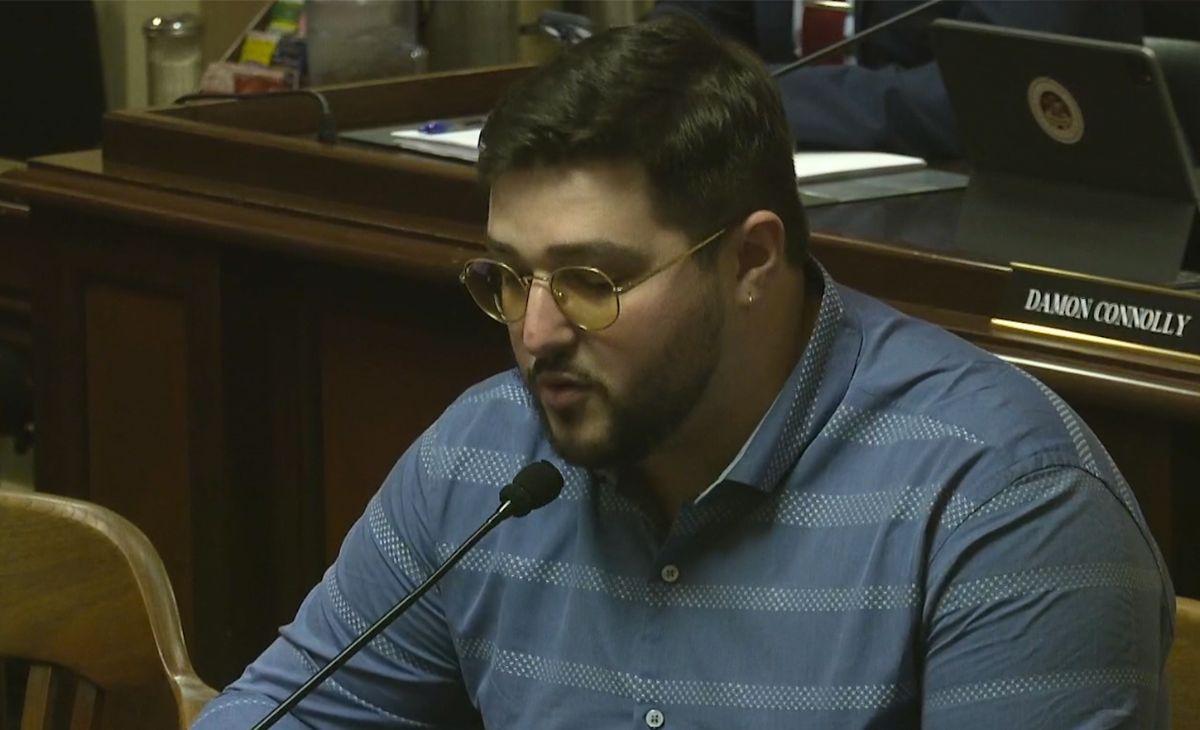The power of stories

A seat at the table
In 2023, former Google CEO Eric Schmidt made a controversial declaration: according to him, AI companies, not policymakers, should be the ones to establish industry guardrails.
This kind of thinking from tech executives is not new. We’ve seen it play out countless times in California. We’ve seen it on the ballot with the Uber and Lyft-penned gig worker law Prop 22, which has implications for millions of workers in California and worldwide. We’ve seen it in the state legislature, with tech giant Workday drafting industry-friendly legislation to “regulate” AI. Tech executives think that they know better than anyone else how tech tools should be designed and deployed, with little regard for how they will impact everyday people.
We need real people to have meaningful, public control over technology. People who are impacted by these products in everyday life: renters being screened by algorithms, patients getting their health insurance denied by AI, and workers being surveilled by automated management systems. What’s more, we need the workers who are building these tools to be in the conversation, both with the people their tools impact and with the policymakers who can regulate them.
Tech executives and billionaires have specific priorities—profit margins, market share, shareholder value—that rarely include the well-being of the public. Policymakers need to be accountable to the people building the tools, those using them, and people with lived experience of how these tools change their lives.
Real people’s stories
A good story can change someone’s mind in an instant. It’s one thing to have a theoretical understanding of different labor models and the disparities in working conditions between directly-employed and contract workers. It’s another thing to listen to David Jones-Krause tell you how their contract with Google was canceled without any notice and without any severance.

Look no further than Ifeoma Ozoma, who spoke out publicly about the discrimination she experienced at Pinterest. Sharing her story of discrimination—and the repercussions she encountered after blowing the whistle—along with other workers speaking out and organizing led to the creation and passage of SB 331, the Silenced No More Act. Ozoma’s bravery changed the minds of lawmakers in Sacramento—and changed the lives of thousands of workers.

Even after legislation is passed, policymakers and regulators need to hear directly from impacted communities about whether our laws have the intended benefits. After passing the Tenant Protection Act in California in 2019, we discovered that despite this policy being historic in its goal of protecting renters from steep rent hikes and unjust eviction, tenants were still getting rent increases that far surpassed the law. We know this by scraping what little rental data we can find, but mostly through renters sharing their experiences, like Teresa Farias sharing that her rent was set to jump 30%, from $1,181 to $1,542 a month.

Data and research sketch the outline of an issue; stories fill in the color. We need advocates and lawmakers alike to see the full picture of economic inequities—not just stats and facts about disparate impacts on a population, but how these imbalances play out in a visceral, material way in real people’s lives, every day.
Why your story matters
We want to hear your story. Your experience with unequal pay for equal work, or discriminatory rental application processes, or an endless cycle of unstable contracts holds a mirror to the inequitable society in which we live. We want to hear your story, not just to paint the picture we already know to be true, but to help us see the parts that might be missing.

We believe that people should be at the center of the decisions that impact them. Whether it’s developing a new product, crafting an emergent industry’s regulation, or designing policy to sew up a broken safety net, people deserve the agency to shape how these products and policies affect their lives.
To every worker and renter who has spoken up and shared their story, thank you. Your bravery has ripple effects far beyond, on both the people in power who need to hear your side of the story and the people who live it with you.
Do you have a story to tell? We want to hear it. We know that coming forward can be risky, so we’ll work with you to give you whatever level of anonymity you need.
Fill out the form below to meet with one of our organizers.
Share Your Story
Share your experience as a worker or renter. Tell us your story here, or wait to get in touch with one of our organizers.
